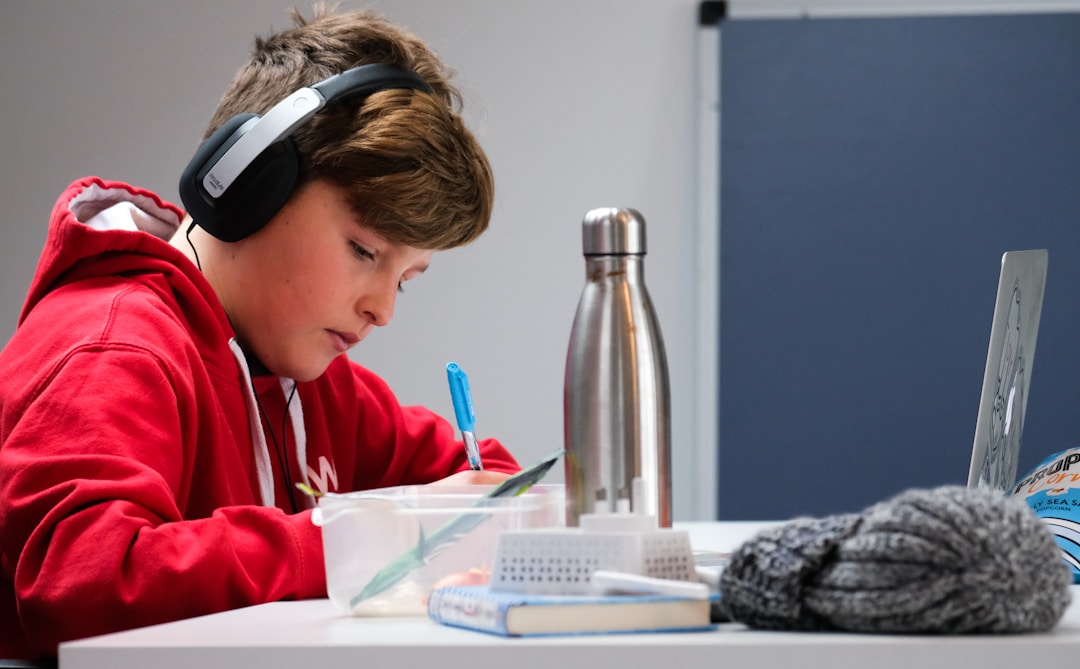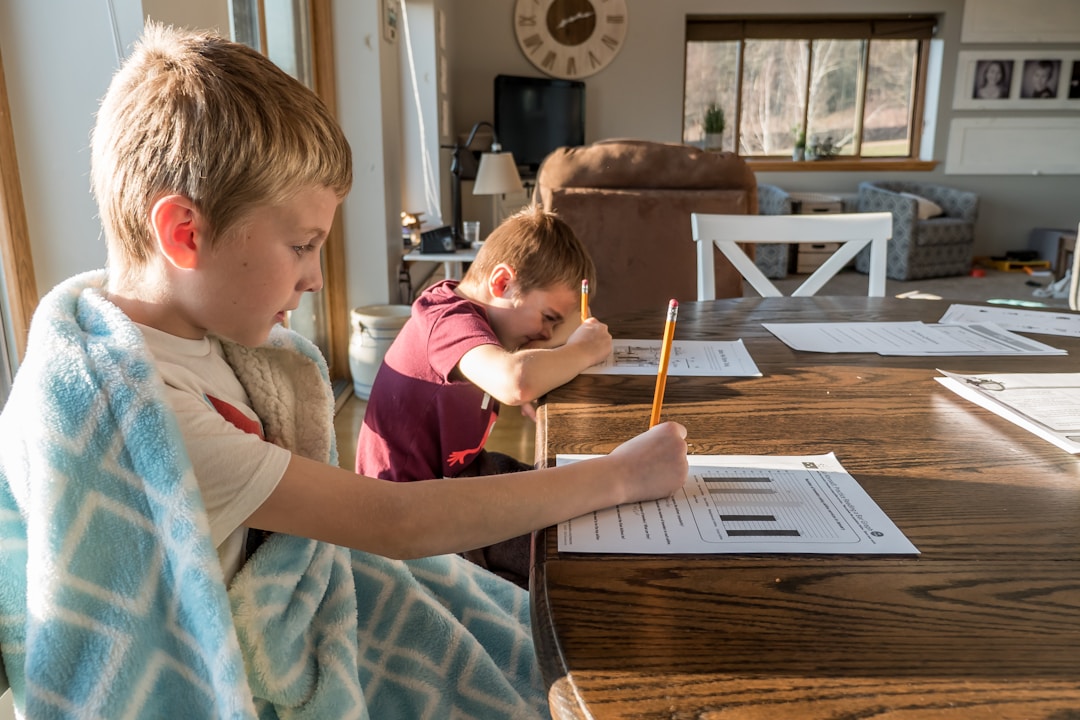Every child has a unique way of perceiving the world, and this is especially true for children with learning disabilities. Their unique challenges may sometimes make learning a bit more difficult, but with the right resources and support, your child can excel both academically and socially. This article is a comprehensive guide for parents seeking resources for their children with learning disabilities. We will delve into various tools and services that can assist in developing your child’s potential, enriching their learning experience, and fostering their overall well-being.
Educational Resources
First and foremost, the cornerstone of any successful learning journey for a child with a learning disability is to ensure the right educational resources are in place. These resources range from school accommodations to specialized tutors. For example, tutoring for math can be of great help, especially for children struggling with Dyscalculia or similar learning difficulties. A math tutor can provide your child with individualized attention, adapt to their pace of learning, and use specialized teaching strategies that make the subject more accessible and engaging.
Moreover, in many schools and districts, an Individualized Education Program (IEP) can be developed for children with learning disabilities. An IEP is a legal document that outlines the child’s learning needs, the services the school will provide, and how progress will be measured. The involvement of parents, teachers, school psychologists, and special education experts ensures that the child's unique needs are met effectively.
Technological Tools

In the age of digital learning, technology has become a great ally for children with learning disabilities. It provides innovative and accessible ways to help children learn at their own pace and in their own style.
Assistive technology tools can help children overcome difficulties with reading, writing, and math. Text-to-speech software, for example, can be a boon for children with Dyslexia, allowing them to listen to text rather than struggle to read it. Similarly, speech-to-text software helps children with Dysgraphia articulate their thoughts without the barrier of handwriting or typing.
On the other hand, there are numerous educational apps designed specifically for children with learning disabilities. These apps use games and interactive activities to teach essential skills, making learning fun and engaging. They also enable parents to track progress and identify areas of improvement.
Therapeutic Interventions
Learning disabilities can often coincide with emotional and social challenges. Therefore, therapeutic interventions can play a crucial role in supporting your child’s mental and emotional health. Cognitive-behavioral therapy (CBT) can help children cope with feelings of frustration, anxiety, or low self-esteem often associated with learning disabilities. Art and play therapies can also be beneficial in providing children with a safe and comfortable environment to express themselves.
Community Support

Finally, seeking out a supportive community can be a valuable resource. Parent support groups, both in-person and online, can offer guidance, advice, and reassurance. Connecting with other parents going through similar experiences can alleviate feelings of isolation and provide practical tips and strategies. Organizations such as the Learning Disabilities Association of America (LDAA) offer resources, advocacy, and support for families affected by learning disabilities.
Overall, navigating the world of learning disabilities may seem daunting, but remember, you are not alone. There are numerous resources available—from educational aids and assistive technologies to therapeutic interventions and supportive communities—that can make the journey easier and more fruitful. Each child with a learning disability has unique gifts and potential waiting to be discovered and nurtured. With the right support, patience, and tools, your child can overcome obstacles, build confidence, and thrive both in school and in life. This path may not always be easy, but witnessing your child's progress, resilience, and success is an immeasurable reward.






